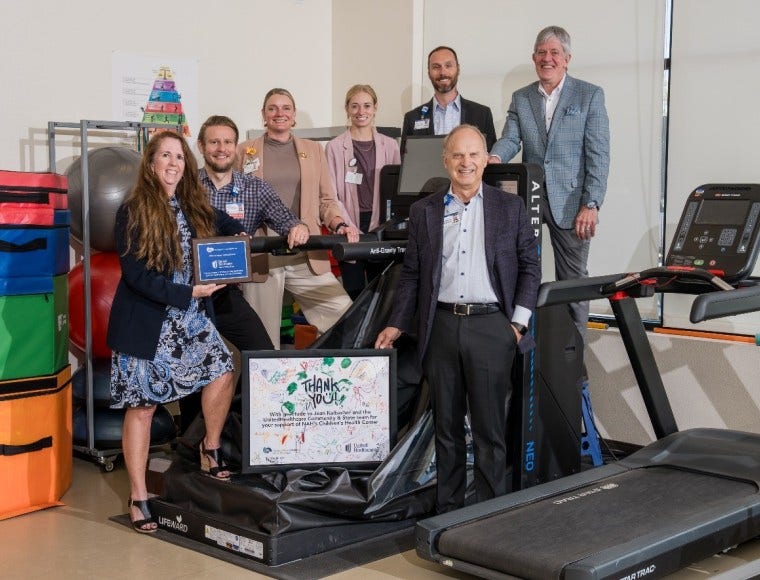Addressing social drivers of health for rural North Carolina communities
UnitedHealthcare Community Plan of North Carolina recently invested $100,000 in Cape Fear Valley Health (CFVH), a nonprofit health system of hospitals and clinics serving a largely rural, six-county region of southeastern North Carolina. Recognizing challenges rural communities can have with accessing behavioral health care, the investment will support CFVH’s mobile behavioral health Community Paramedic (CP) program. This initiative serves historically marginalized populations with a team of community paramedics, a social worker and a peer support specialist.
The CP program aims to address social drivers of health such as food security through collaboration with local organizations and resource provisions. The CP team also hosts monthly outreach events that provide services including screenings for diabetes and hypertension.
By program completion in May 2025, CFVH aims to have:
- Hosted four pop-up events with community organizations in food-insecure areas
- Created a farmer’s market with Offroad Outreach and Society of St. Andrew
- Offroad Outreach assists veterans experiencing homelessness in preparing housing applications, obtaining IDs, applying for employment and VA health benefits and connecting with additional veteran organizations.1 The Society of St. Andrew is a United Methodist hunger-relief nonprofit focusing on food wastage and poverty-induced starvation.2
- Collaborated with Urban Community AgriNomics to provide education around agriculture skills and increasing access to fresh fruits and vegetables
- Urban Community AgriNomics is a nonprofit organization that aims to engage communities with skills based in agriculture and provide a place for those within the community to have access to fresh fruits and vegetables.3
The potential success of the CP program is supported by research which shows that while clinical care impacts only 20% of county-level variation in health outcomes, social drivers of health affect as much as 50%.4 Opportunities to advance health equity through clinical care continue to be important, but addressing ways in which social drivers of health increase or decrease the risk of poor health outcomes, such as chronic disease, is critical to improving population health and wellbeing.⁵
UnitedHealthcare Community Plan of North Carolina’s investment in the CP program highlights its commitment to addressing social drivers of health for underserved populations in North Carolina and improving quality of life before negative health outcomes develop. Learn more about how the health plan is improving health outcomes for rural communities by visiting the UnitedHealthcare Community & State webpage.











